Handling ‘Tricky’ Situations
Aims and outcomes (how this course can help): Our interactive training and skill-sharing approach will enhance participants’ understanding of conflict and how it develops, and equip participants with techniques and options to use if and when ‘tricky’ situations come up in the course of their work or activity in communities.
What the course includes:
- Understanding the nature and role of conflict
- Exploring our personal styles in conflict and triggers, and thinking about this in relation to others
- Information on strategies and techniques for having ‘difficult conversations’
- Looking at how to communicate effectively if conflicts and disputes are developing
- Providing tips on how to confidently defuse tense situations and de-escalate any signs of conflict.
- Approaches for handling contention well, and ‘steering through’ controversies and contested issues
Who is the course for?
- Council workers (social work, neighbourhood services, planning, regeneration and economic development, libraries, all forms of front-line delivery, communications, policy)
- Housing officers
- Youth workers
- Environmental organisations
- Charity workers and volunteers
- Police officers and people with agencies working on community safety
- Members of community groups, voluntary sector organisations, residents’ associations, faith organisations
- Local business people
- Political representatives and members of campaigning organisations
More about the course: Handling ‘Tricky’ Situations is usually run as a one-day course (e.g., 9:30am to 4:00pm, with lunch break), for around sixteen participants.
Costs for the course cover two trainers / facilitators running the day; all preparation and preliminary discussions to set up the session; and ‘handout’ materials for participants. The understanding is that your organisation would provide the venue and lunch / refreshments for participants (or participants can be advised to bring their own).
For further information on this (or our other courses), please contact Abdul Rahim at Centre for Good Relations by email: abdul@centreforgoodrelations.com or by phone: 07960 683328.
